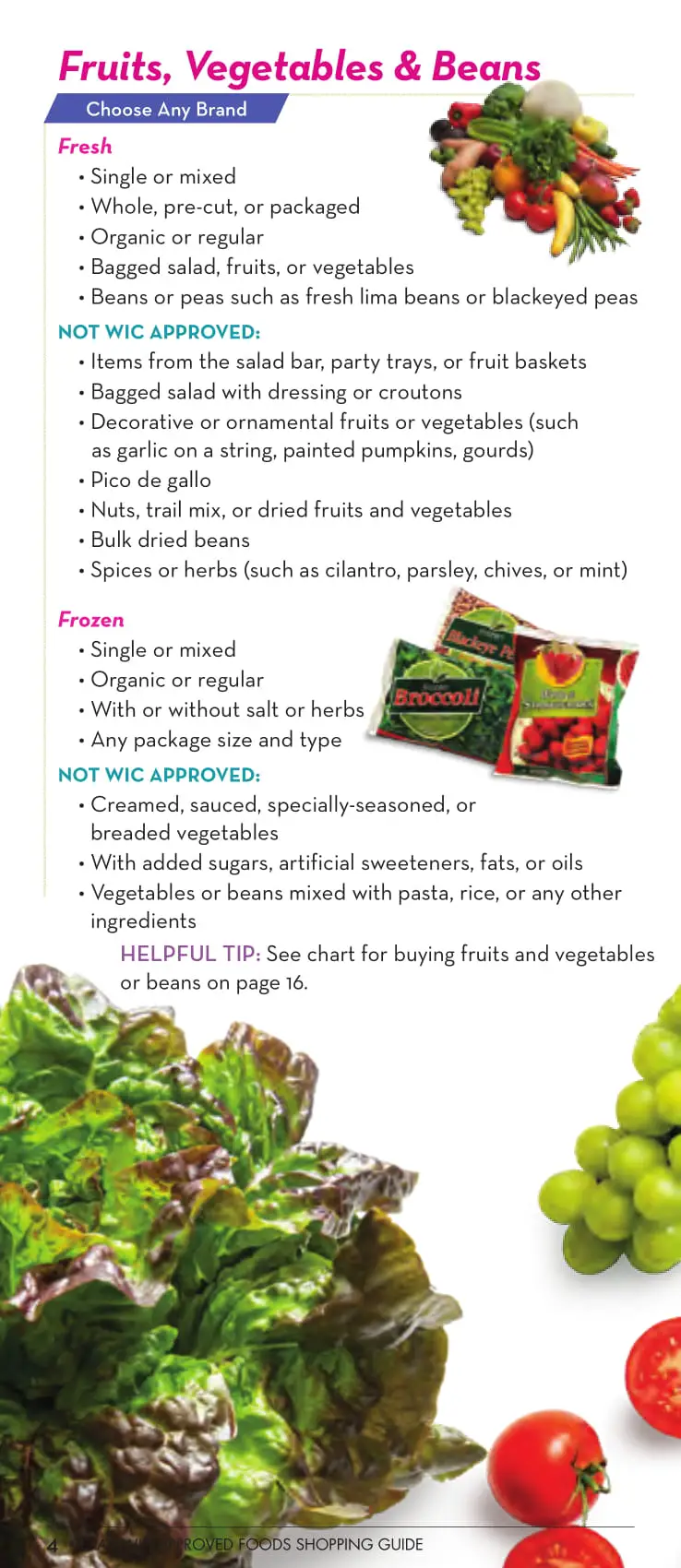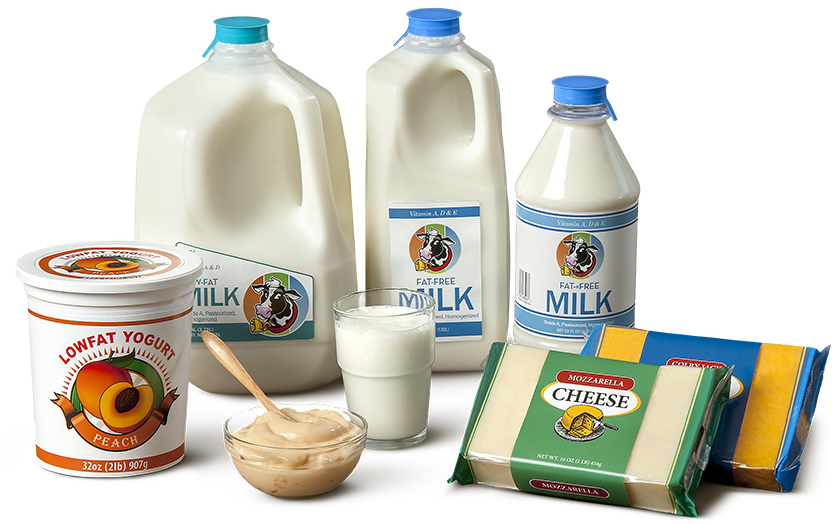
In December 2000, the White House issued an executive memorandum authorizing the WIC program to begin screening clients for childhood immunization status. Also in 1999, the WIC program standardized nutrition risk criteria for program eligibility and began assigning individual nutrition risk priority levels. WIC began to promote and support breastfeeding women in the late 1980s, and in 1989 Congress mandated $8 million be used specifically for that purpose. 101-147 established similar income eligibility for Food Stamp, Medicaid, and AFDC participation, thus lowering the WIC income standard and simplifying the application process. Another income standard change took place in 1989, when P.L. 95-627 defined nutrition risk and established income eligibility standards that were linked to the income standards associated with reduced price school meals. However, all participants must be deemed to be at nutrition risk and with inadequate income (however, what constituted inadequate income was not defined). Eligibility was extended to non-breastfeeding women (up to six months postpartum) and children up to five years of age.

On October 7, 1975, WIC was established as a permanent program (P.L.

By the end of 1974, WIC was operating in 45 states. Eligibility was limited to children up to age four and excluded non-breastfeeding postpartum women. 92-433, sponsored by Senator Hubert Humphrey (D) of Minnesota established the Special Supplemental Food Program for Women, Infants, and Children (WIC) as a two-year pilot program. History Īn amendment to section 17 of the Child Nutrition Act of 1966 on September 26, 1972. Currently, WIC serves 53 percent of all infants born in the United States. Most states allow automatic income eligibility, where a person or family participating in certain benefits programs, such as the Supplemental Nutrition Assistance Program, Medicaid, or Temporary Assistance for Needy Families, may automatically meet the income eligibility requirements. The basic eligibility requirement is a family income below 185% of the federal poverty level. (See child nutrition programs.) Their mission is to be a partner with other services that are key to childhood and family well-being. The Special Supplemental Nutrition Program for Women, Infants, and Children ( WIC) is an American federal assistance program of the Food and Nutrition Service (FNS) of the United States Department of Agriculture (USDA) for healthcare and nutrition of low-income pregnant women, breastfeeding women, and children under the age of five.


A WIC office in Santa Rosa, California in 2023. For other uses, see WIC (disambiguation).


 0 kommentar(er)
0 kommentar(er)
